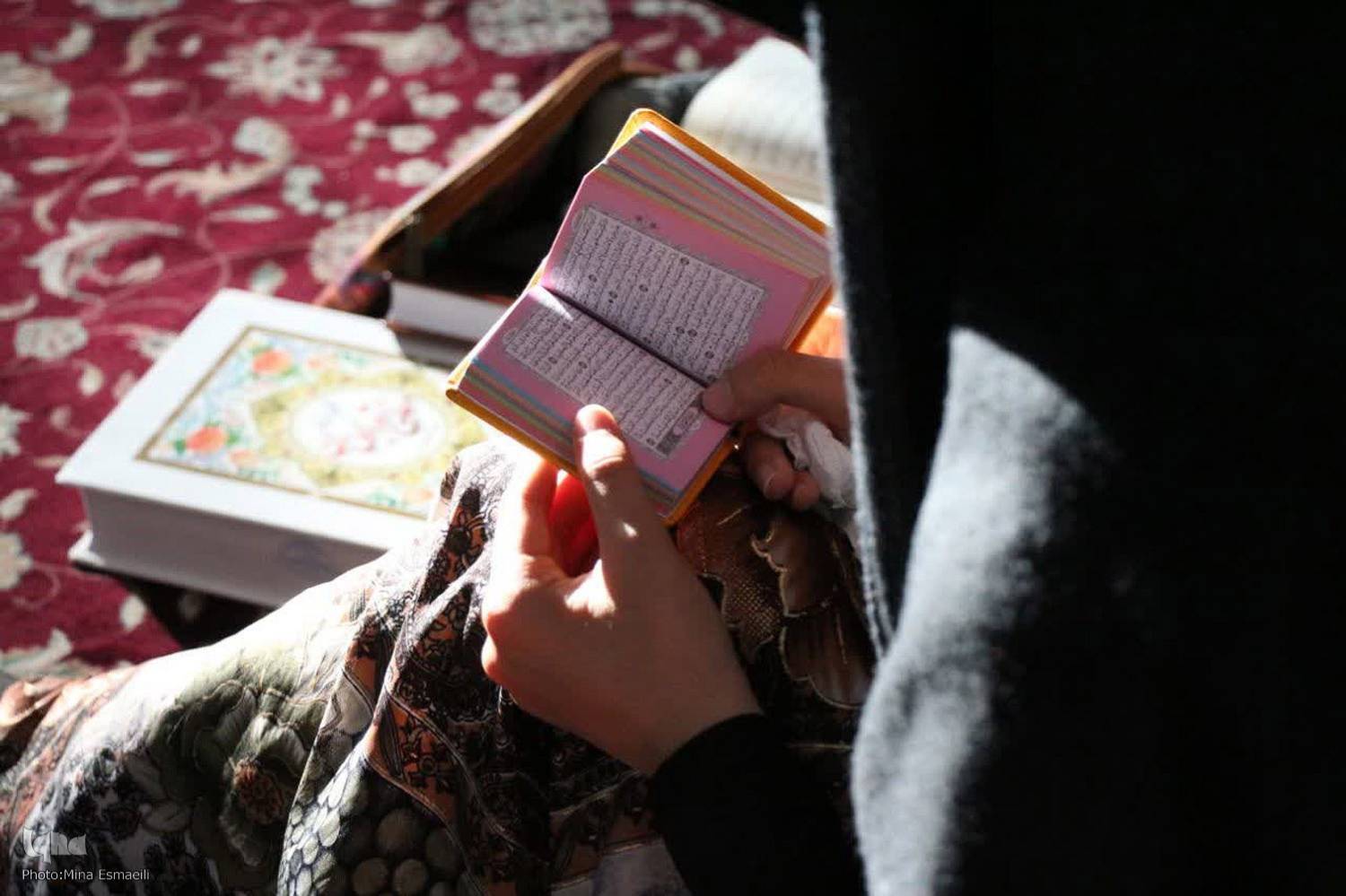A Habit of People of Paradise in This World

In Surah Al-Imran, people are invited to advance towards forgiveness and endless Paradise (Verse 133) and after mentioning some behaviors, including Istighfar, God says: “Their reward will be forgiveness from their Lord and gardens wherein streams flow and wherein they will live forever. How blessed is the reward of those who labor.” (Verse 136 of Surah Al Imran). That is, one of the conditions for those who are ahead of others in Paradise is Istighfar.
In the opening verses of this Surah, the reward of the pious in Paradise is first stated, and then, in describing their worldly condition, God says: “(They are those) who exercise patience, speak the truth, who are devoted in prayer, spend their property for the cause of God and seek forgiveness from God during the last part of the night. (Verse 17 of Surah Al Imran).
In Surah Adh-Dhariyat, God refers to the presence of the righteous in the gardens and springs of Paradise and receiving the gifts of the Lord: “The pious ones will live amidst gardens and springs, receiving their reward from their Lord. They had been righteous people before the Day of Judgment.” (Verses 15-16)
Verse 15 begins with “receiving” and ends with “Muhsinin (doers of good)”. This means that receiving goodness in Paradise is the result of doing good and being good to others in this world. It then mentions two common characteristics: “They slept very little during the night and asked for forgiveness in the early morning.” (Verses 17-18)
Read More:
The tense of the verbs in these verses indicates continuity. This verse shows that praying at night and seeking forgiveness at dawn are the constant activities of the people who will enter Paradise. It also indicates that in the morning, among all the Dhikrs, seeking forgiveness has a special place and is considered the pinnacle of worship.


